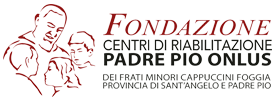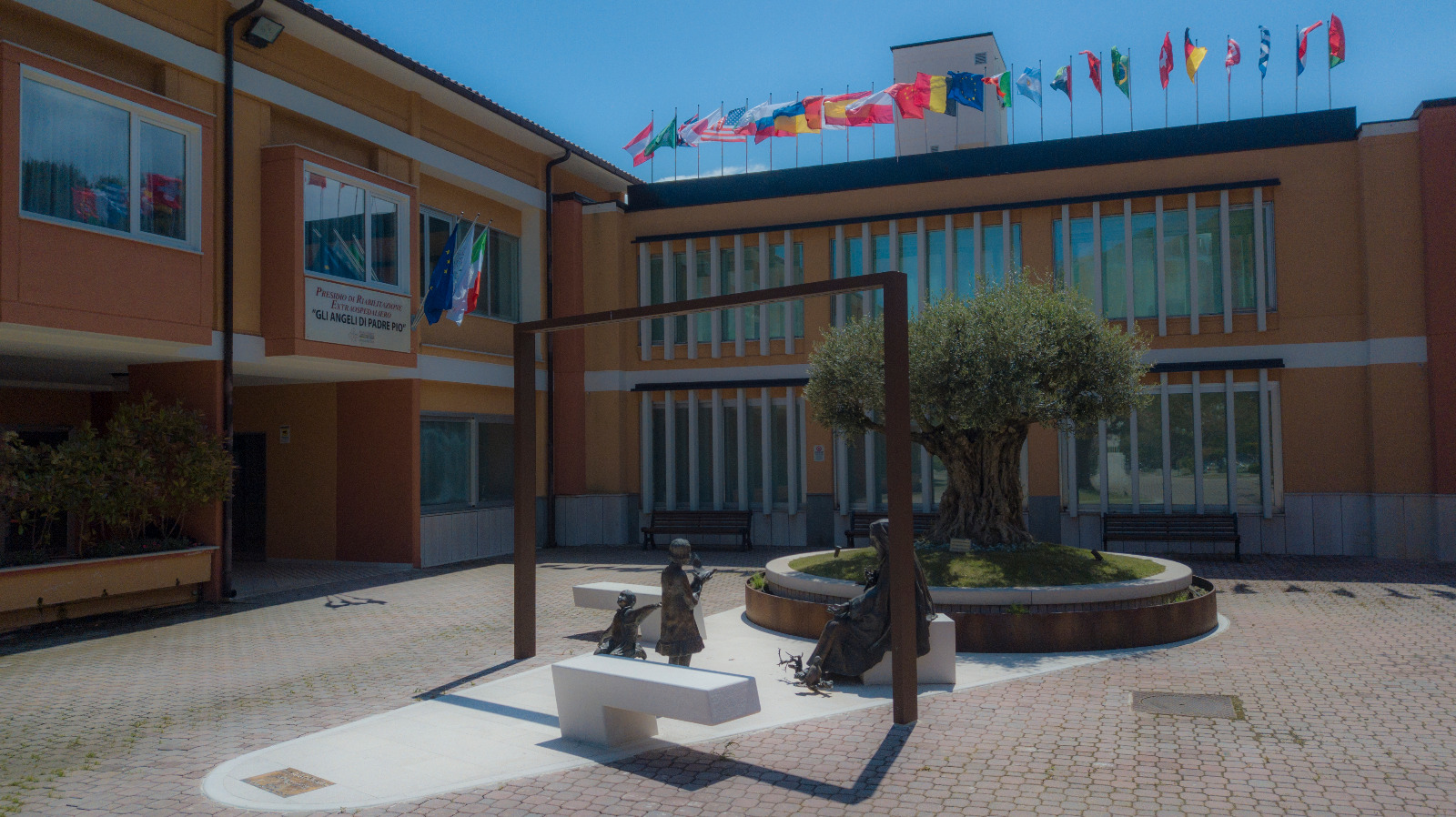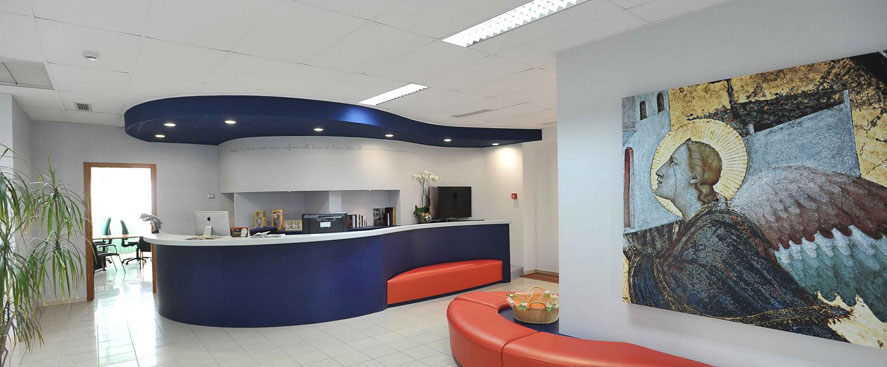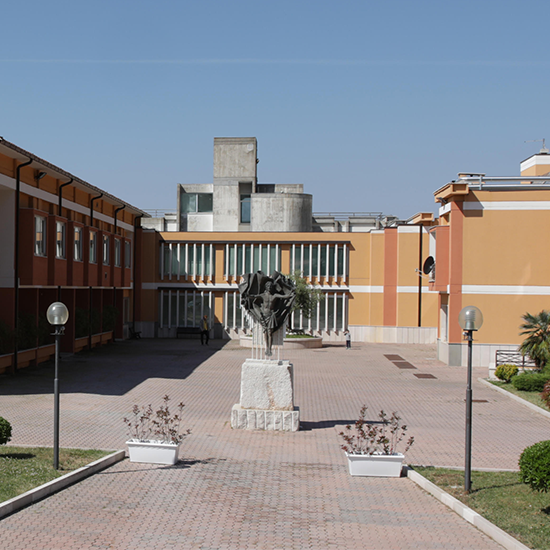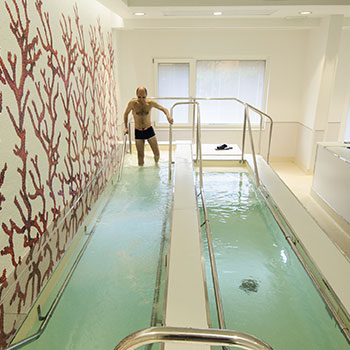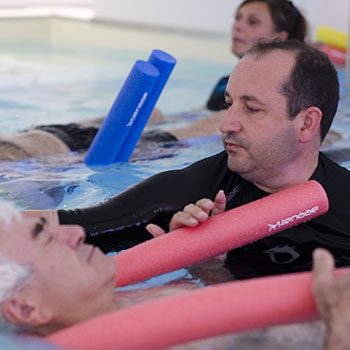Born as “Gli Angeli di Padre Pio for Blind People” on September 11th 1996 with 20 beds for children from 18 years with visual impairments, December 18, 2011 “Gli Angeli di Padre Pio” becomes a cycle of extra-hospital continuous rehabilitation, private and accredited with SSR that accepts 25 beds for physically, mentally and sensory disabled people for adults and children who need to undertake or continue a rehabilitation after an acute event or suffering from a chronic disease. The presidium has an innovative Technological Rehabilitation Unit, which is unique in Italy and one of the few things that is innovative and rehabilitative.
On 21 December 2014, the new wing of the residential complex “Gli Angeli di Padre Pio” was inaugurated. The structural enlargement involves, in addition to an increase in the number of beds from the current 25 to 65, the availability of new equipment for further therapeutic possibilities.


